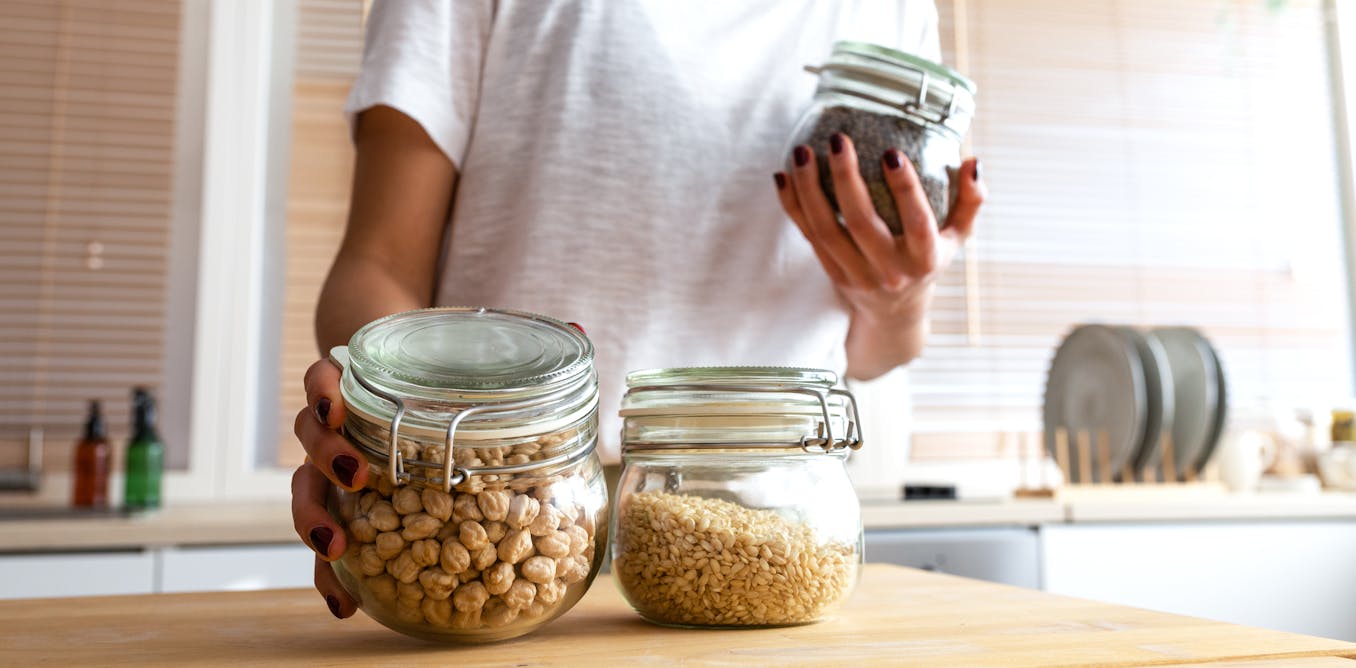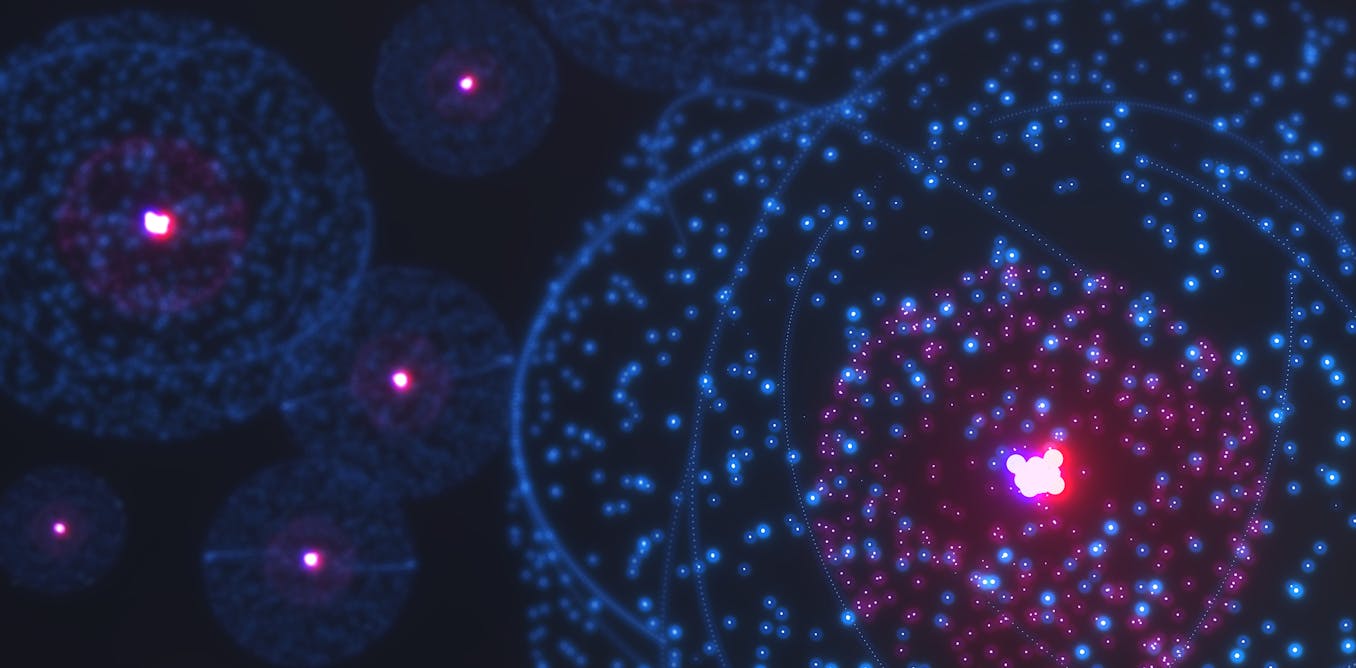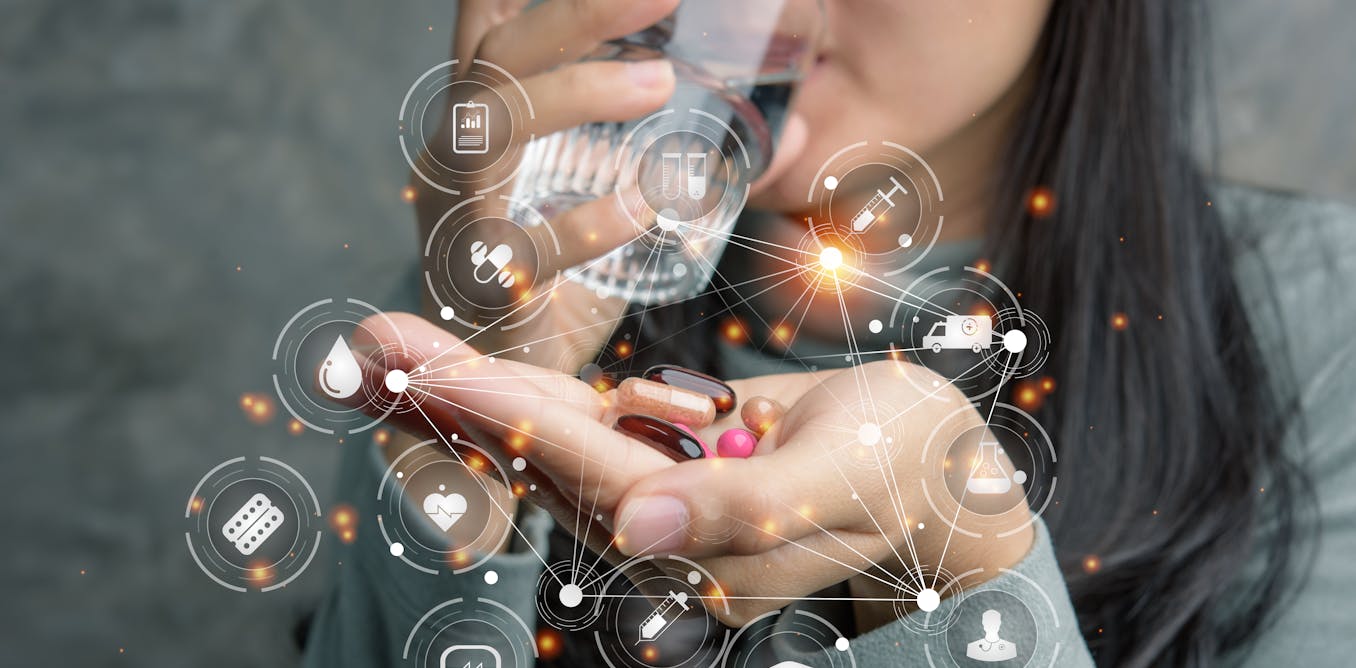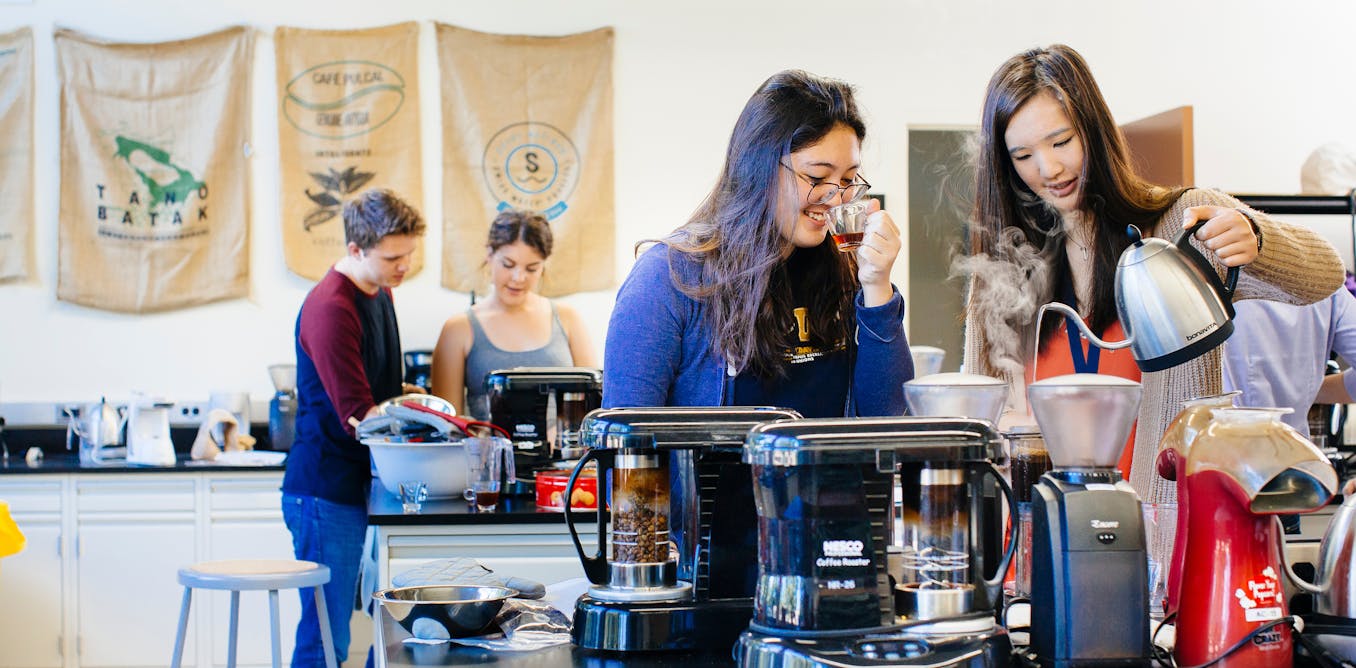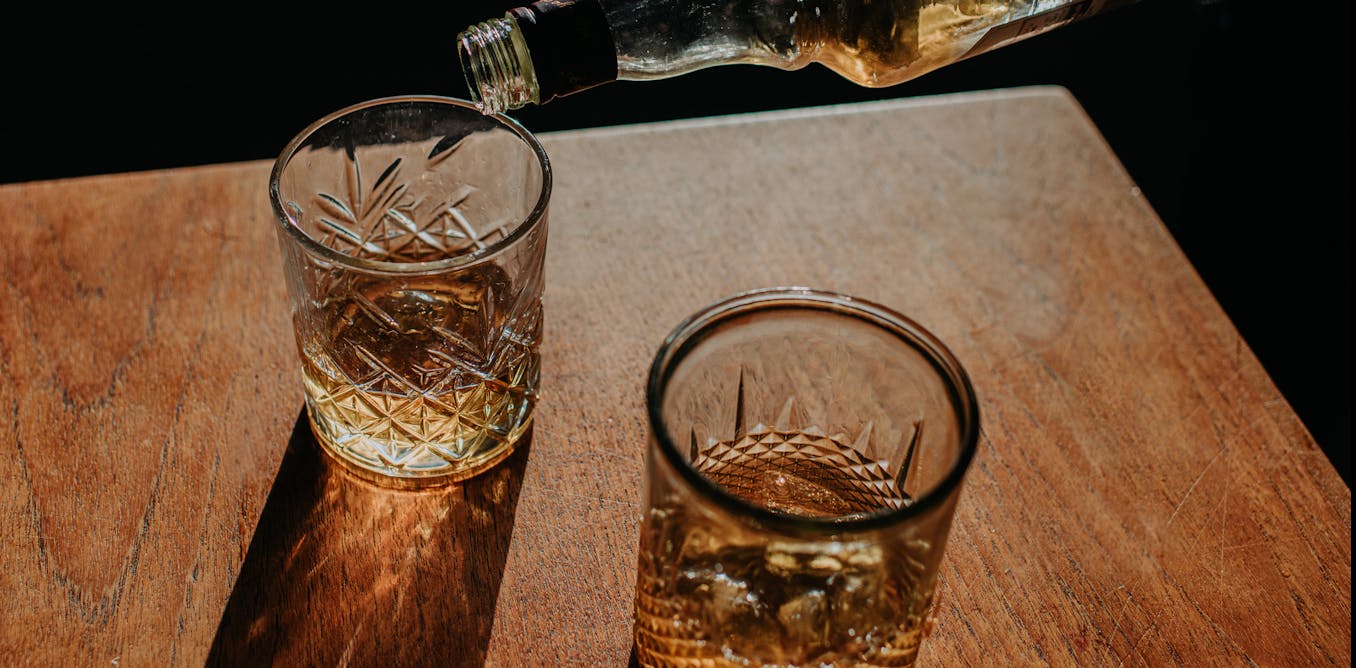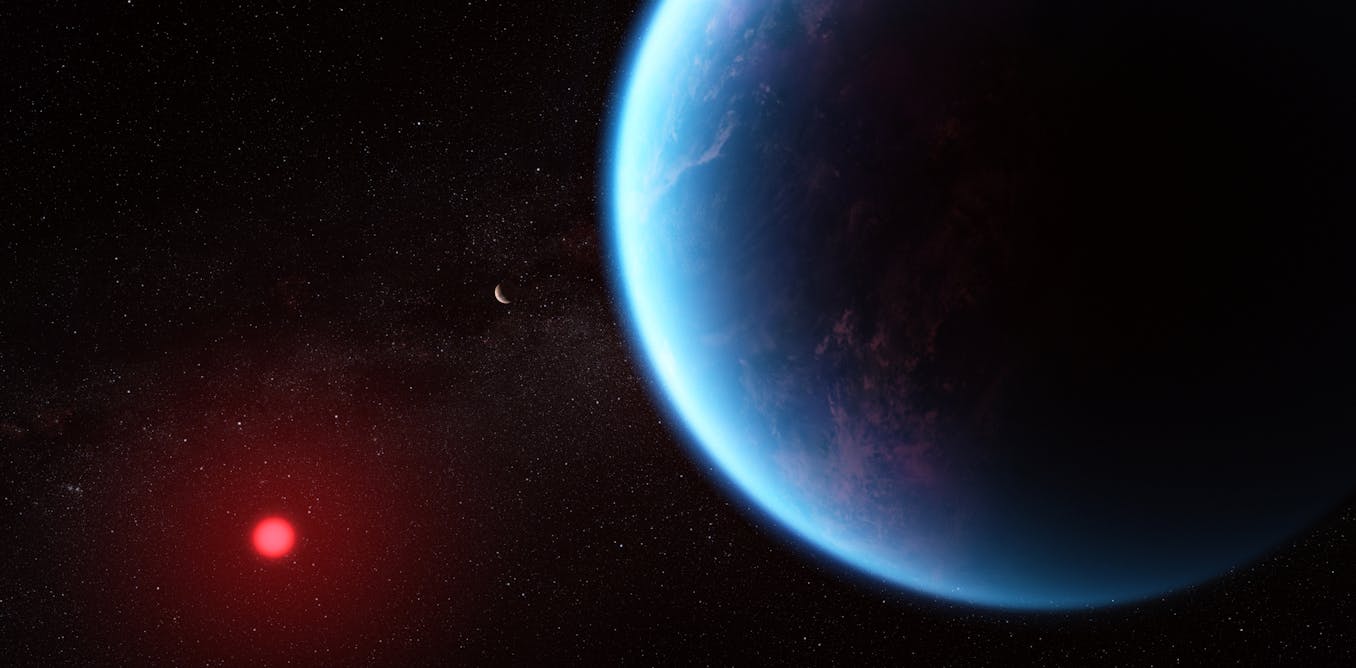Rancid food smells and tastes gross − AI tools may help scientists prevent that spoilage
Pantry food can go bad if exposed to oxygen, but an AI model might help develop more effective preservatives and keep food fresher for longer.
Oct. 19, 2023 • ~7 min

